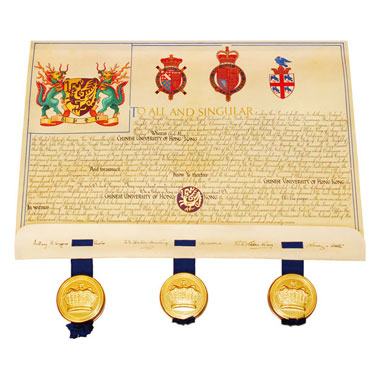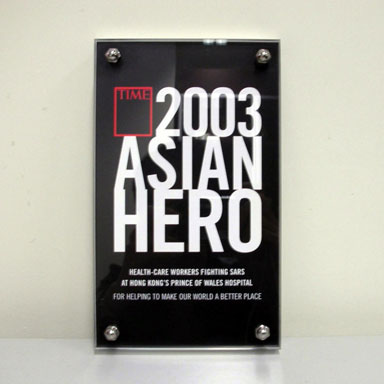Explorations and Innovations
CUHK has remarkable research teams whose research standards have been widely acknowledged. In this zone we introduce the following:
Details of our outstanding research projects funded by the University Grants Committee's Areas of Excellence Scheme, RGC Collaborative Research Fund, and Theme-based Research Scheme, etc., are available on the touch-screen monitors.
Distinguished Scholars
CUHK is the only university in Hong Kong that has Nobel Laureates and a Turing Award winner on its teaching and research staff, as well as many other winners of awards and honours. This zone introduces our distinguished scholars and displays medals donated by Professor Charles K. Kao and Professor C. N. Yang.
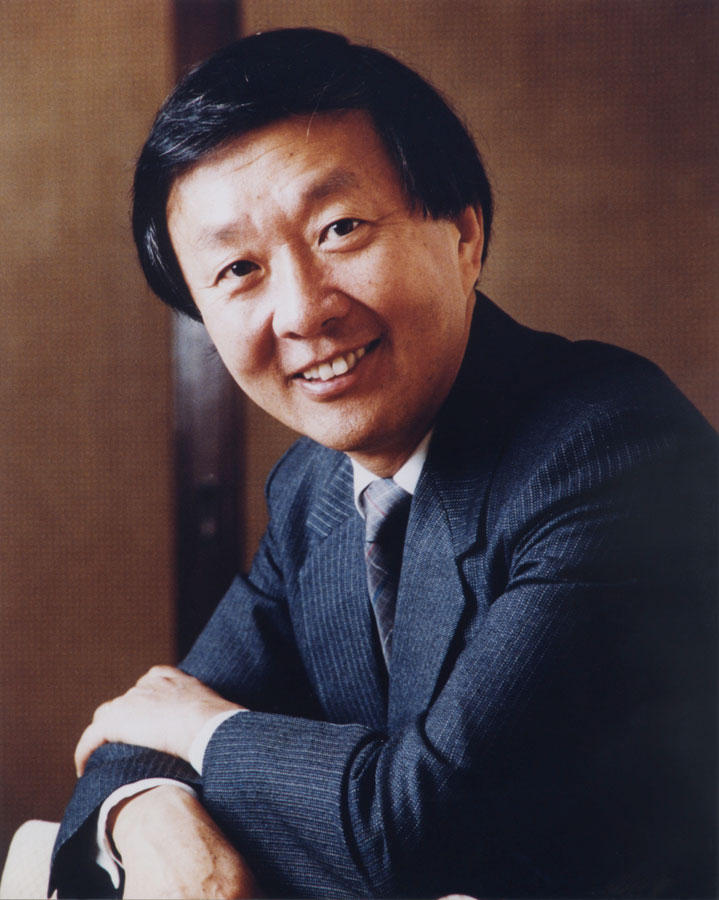
Professor Charles K. Kao, "Father of Fibre Optics", led the University through a period of steady development as Vice-Chancellor from 1987 to 1996 and has continued his association with CUHK as an Honorary Professor of Engineering since retiring from the position. Professor Kao was awarded the Nobel Prize in Physics in 2009.
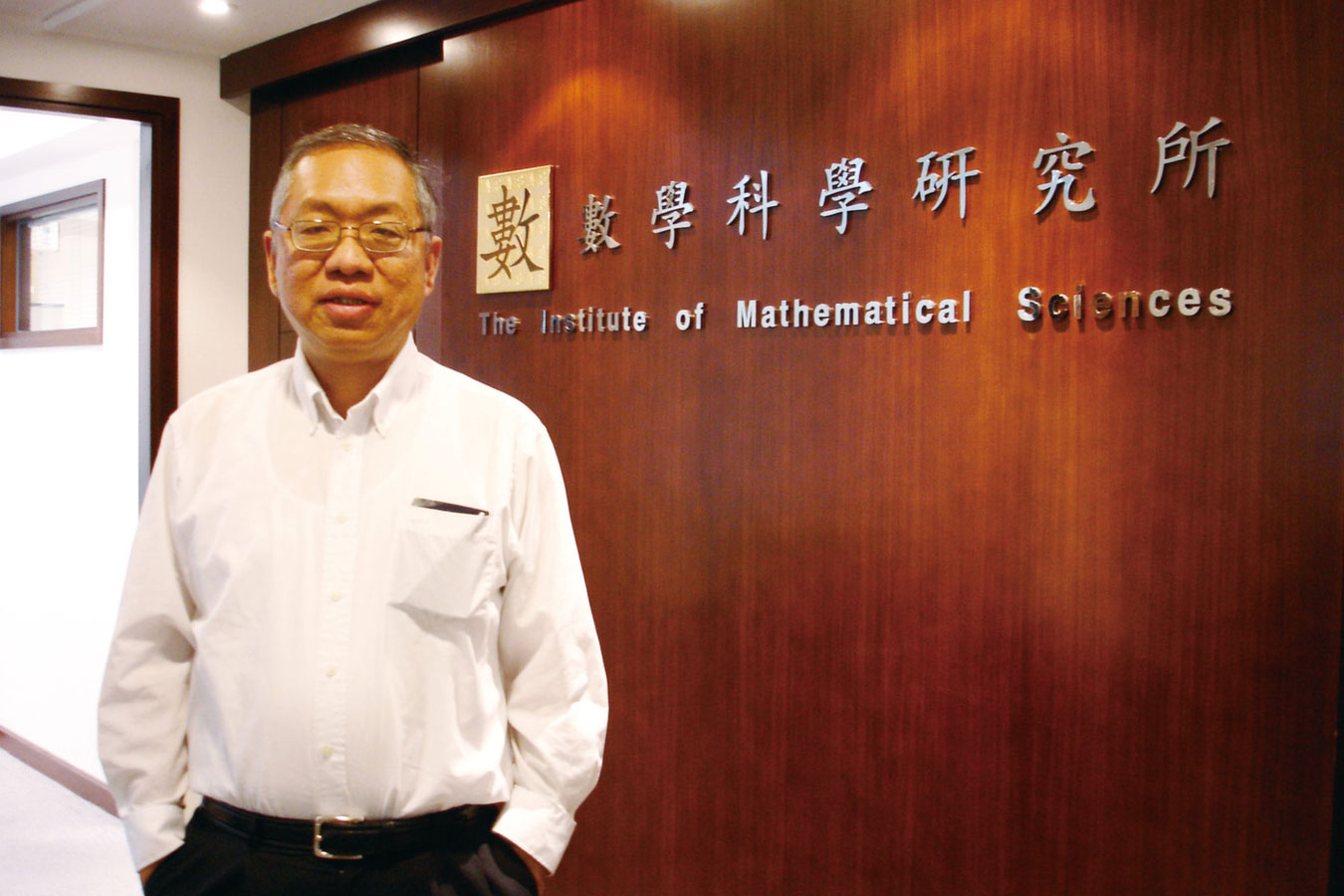
Professor Yau Shing-tung, Fields Medalist and Wolf Prize Laureate, is an alumnus of the Chinese University. He is now Distinguished Professor-at-Large and Director of The Institute of Mathematical Sciences at the Chinese University. He proved Calabi's conjecture on a class of manifolds now named Calabi-Yau manifolds, which has now become the geometric ground where physicists build their string theory.
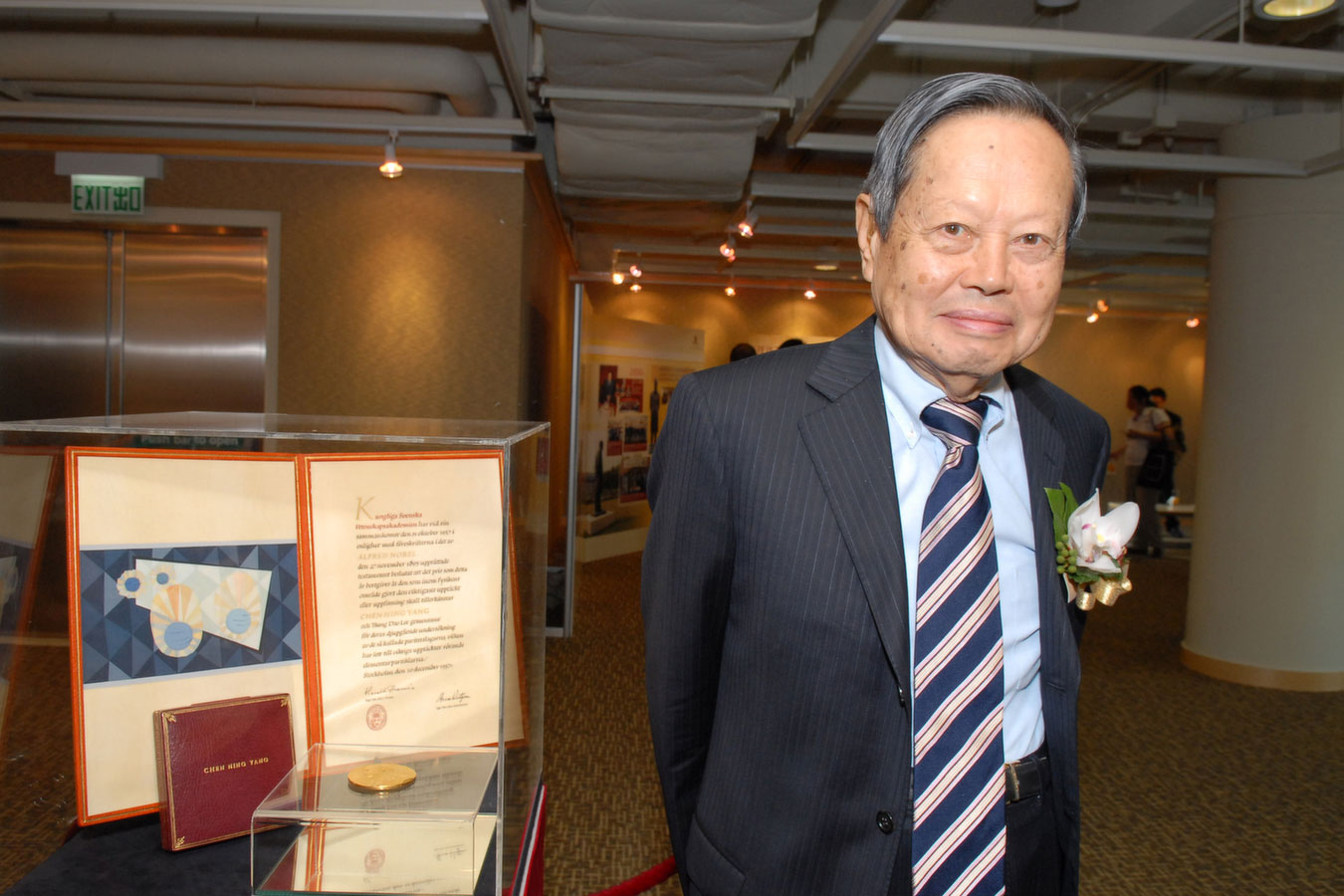
Professor C.N. Yang, the first Chinese to receive the Nobel Prize, is Distinguished Professor-at-Large of the Chinese University. He has exerted a profound influence on the development of physics since mid-twentieth century, particularly in the field of particle and statistical theory.
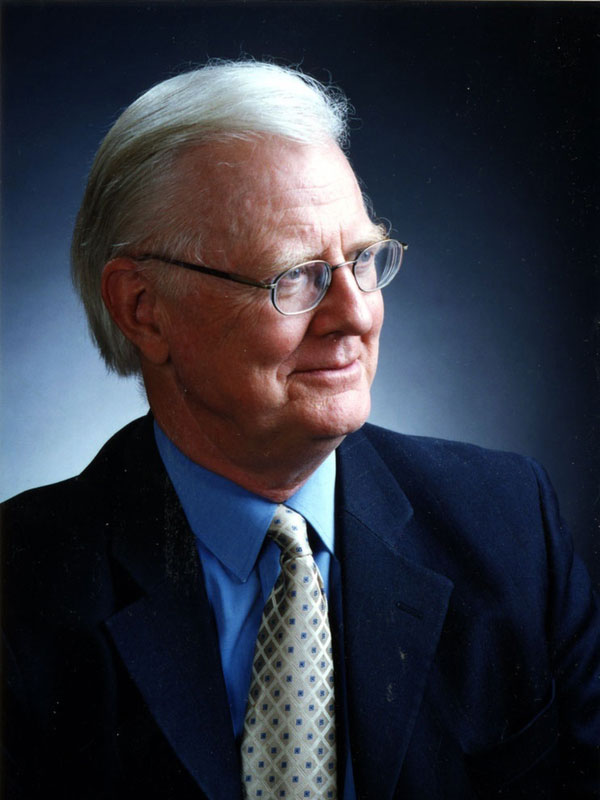
Professor Sir James Mirrlees, Nobel Laureate in Economics 1996, joined the Chinese University as Distinguished Professor-at-Large with effect from 2002.

Professor Pai Hsien Yung, world renowned writer, joined the Chinese University of Hong Kong as Distinguished Professor-at-Large with effect from 2017.

World-renowned computer scientist and the first Chinese to have won the Turing Award, Professor Andrew Yao joined the Chinese University as Distinguished Professor-at-Large in 2005.

Professor Ambrose Y.C. King, Emeritus Professor of Sociology, during the past four decades has published widely on change and development in China during the nineteenth and twentieth centuries, and on political and social transformation in Hong Kong before and after 1997. Professor King is a member of Academia Sinica. He led the University as Vice-Chancellor from 2002 to 2004.

Professor Leo Lee Ou-fan, Sin Wai Kin Professor of Chinese Culture, is an expert in modern Chinese Literature and cultural studies, particularly contemporary Chinese fiction and cinema. He has published several well-regarded works on these themes in both Chinese and English, including books on the early twentieth-century author Lu Xun and on modern urban culture in Shanghai. Professor Lee is a member of Academia Sinica.
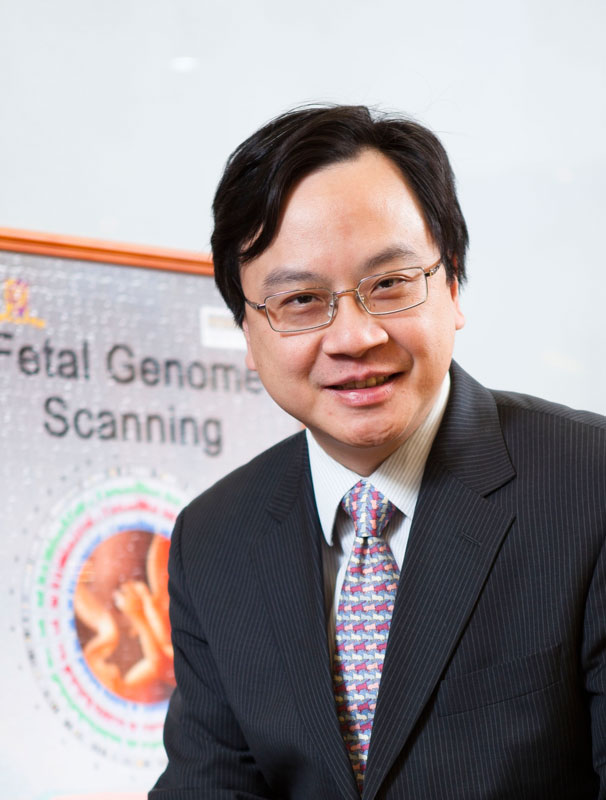
Professor Dennis Y.M. Lo, Director of the Li Ka Shing Institute of Health Sciences, his discovery of circulating fetal nucleic acids in the plasma of pregnant women and his pioneering work in translating this discovery into innovative non-invasive prenatal diagnostic tests have far-reaching impact on the global scientific community. The project Centre for Research into Circulating Fetal Nucleic Acids led by Professor Lo is an Area of Excellence (AoE) funded by the University Grants Committee (UGC).

Professor Samuel S,M. Sun, Director of the State Key Laboratory of Agrobiotechnology (The Chinese University of Hong Kong) is the first scientist in the world to clone a plant gene. His research has made important contributions to solving the world's food shortage problem. The project Centre for Plant and Agricultural Biotechnology led by Professor Sun is an Area of Excellence (AoE) funded by the University Grants Committee (UGC).

Professor David Faure, Wei Lun Professor of History, is an internationally renowned expert on the lineage history and business history of China. He adopts a cross-disciplinary research methodology to understand the country's complexity. The project The Historical Anthropology of Chinese Society led by Professor Faure is the first humanities project of the University Grants Committee (UGC)’s Areas of Excellence (AoEs) Scheme.

Professor Leung Ping-chung, Director of the State Key Laboratory of Research on Bioactivities and Clinical Applications of Medicinal Plants (The Chinese University of Hong Kong), is an eminent expert in microsurgery and hand surgery. He has distinguished and extensive achievements in academic research and in the practice of medicine, covering surgery, orthopaedics, microsurgery, education, public health, Chinese medicine and Chinese pharmacology. The project Chinese Medicine Research and Further Development led by Professor Leung is an Area of Excellence (AoE) funded by the University Grants Committee (UGC).

Professor Raymond Yeung Wai-ho, Professor of Information Engineering, introduced network coding theory in the 1990s, making network communications more efficient, reliable, stable and secure, and bringing about a paradigm shift in network communications. The project Institute of Network Coding led by Professor Yeung is an Area of Excellence (AoE) funded by the University Grants Committee (UGC).

Professor Jiang Liwen, Director of Centre for Cell and Developmental Biology, has devoted much time of his career to plant cell biology research, especially the fundamentals of important biological processes, with potential applications in biotechnology such as increasing crop yields, prevention of human diseases and developing biofuels. The project Centre for Organelle Biogenesis and Function led by Professor Jiang is an Area of Excellence (AoE) funded by the University Grants Committee (UGC).

Professor Lam Hon Ming, Director of Center for Soybean Research, has dedicated to soybean research to unleash the full potential of soybean in recovering the agroecological system, thereby increasing the global production and consumption of beans and attaining agricultural sustainability. The project Centre for Genomic Studies on Plant-Environment Interaction for Sustainable Agriculture and Food Security led by Professor Lam is an Areas of Excellence Scheme funded by the University Grants Committee.
This zone also displays the Nobel and other medals donated by Professor Charles K. Kao and Professor C.N. Yang to the Chinese University.

Professor Charles K. Kao's Stuart Ballantine Medal (1977)

Professor Charles K. Kao's LM Ericsson International Prize (1979)
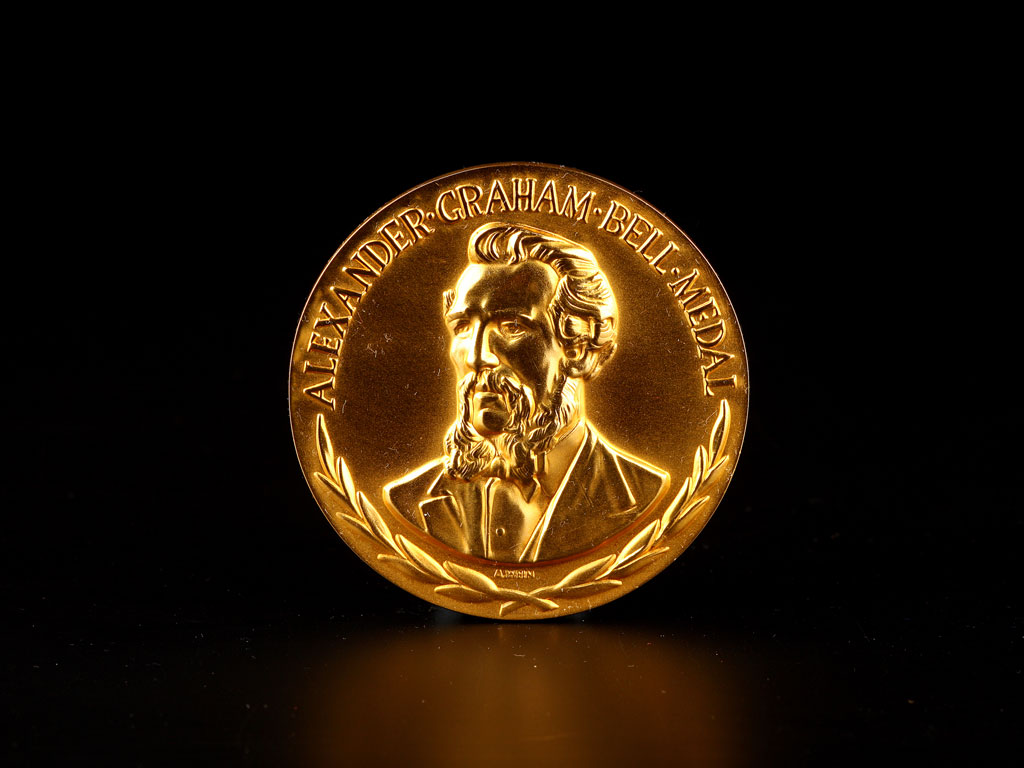
Professor Charles K. Kao's Alexander Graham Bell Medal (1985)

Professor Charles K. Kao's Prince Philip Medal, Fellowship of Engineering, The Royal Academy of Engineering, UK (1996)

Naming Certificate of Asteroid 'Kaokuen' (1996)

Professor Charles K. Kao's Charles Stark Draper Prize (1999)

Professor C.N. Yang's Nobel Prize in Physics (1957)

Professor C.N. Yang's Nobel Prize in Physics (1957)
Outstanding Research
Areas of Excellence
- Centre for Plant and Agricultural Biotechnology
- Chinese Medicine Research and Further Development
- Centre for Research into Circulating Fetal Nucleic Acids
- Institute of Network Coding
- The Historical Anthropology of Chinese Society
- Centre for Organelle Biogenesis and Function
RGC Collaborative Research Fund 2012/13
- Functional Plasmonics with Energy Localization for Sensing, Nano-Actuation and Optoelectronics
- Physical exercise promotes vascular health: impact of mechano-transduction and novel endothelium-derived regulators
- Macrophage-Myofibroblast-Transition in Organ Fibrosis: Molecular Mechanisms and Clinical Implications
- Multifunctional ultrasensitive sensing with hybrid gold-diamond nano-systems
- Development of New Methodologies for New Carborane Materials
Theme-based Research Scheme-Third Round Exercise
- Systematic Development of Molecular Targets for Nasopharyngeal Carcinoma
- An Integrated Trans-omics Approach to Diabetic Cardio-renal Complications: From Novel Discoveries to Personalized Medicine
- Smart Solar Energy Harvesting, Storage, and Utilization
State Key Laboratories
In 1984, China established the State Key Laboratory Scheme. Its premise is to enable the country's most accomplished scientists and scholars to conduct pioneering research to further support China's technological and economic development. With the approval of the Ministry of Science and Technology of China, CUHK has established five state key laboratories.

State Key Laboratory of Translational Oncology (The Chinese University of Hong Kong)

State Key Laboratory of Agrobiotechnology (The Chinese University of Hong Kong)
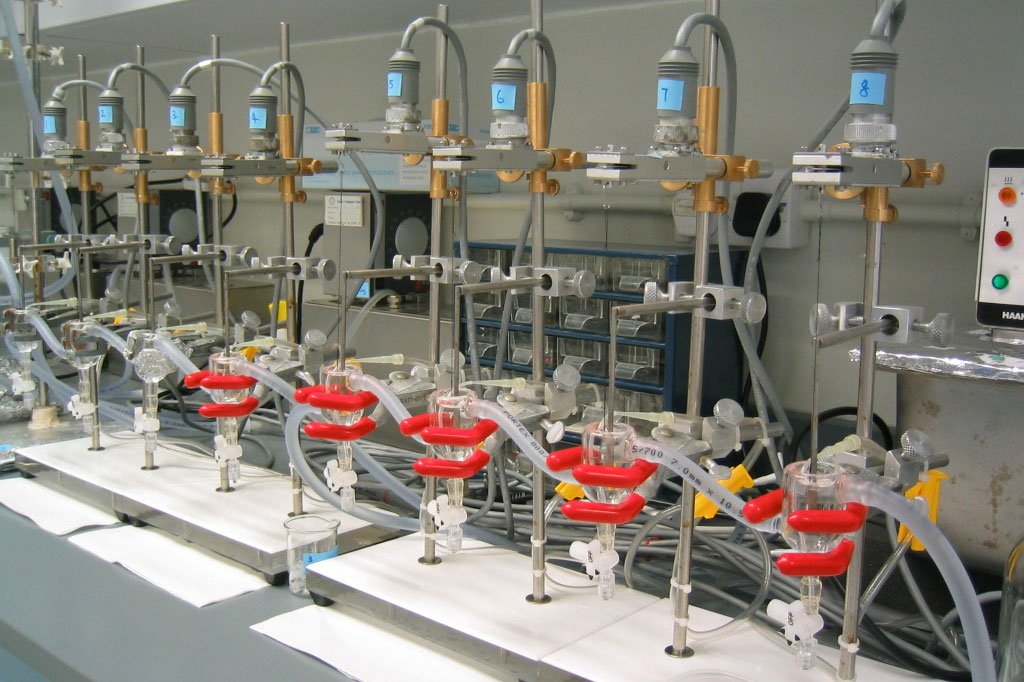
State Key Laboratory of Research on Bioactivities and Clinical Applications of Medicinal Plants (The Chinese University of Hong Kong)
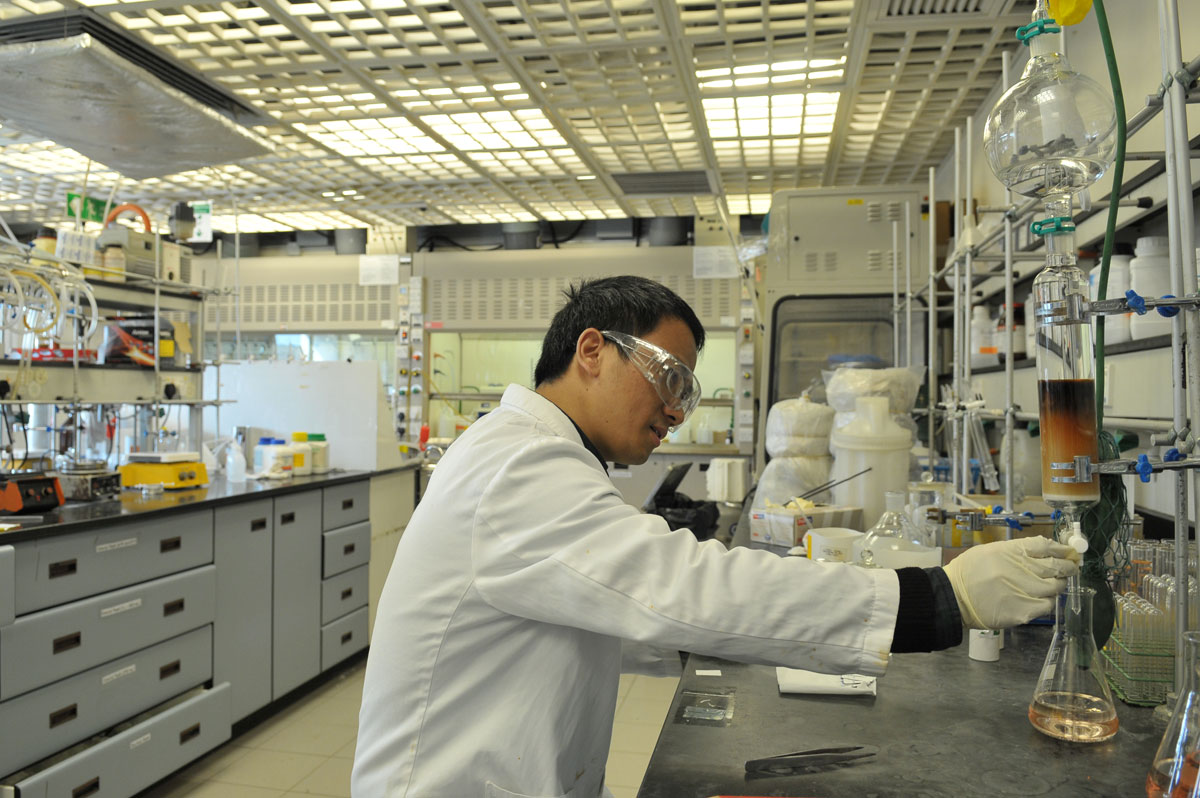
State Key Laboratory of Synthetic Chemistry

State Key Laboratory of Digestive Disease (The Chinese University of Hong Kong)
Focused Areas of Research
To enhance the University’s research and academic strengths, as well as to employ them for the benefits of the community, CUHK identified five research areas in its strategic plan in 2006 for focused investment and development.

Chinese Studies

Biomedical Sciences

Information Sciences

Economics and Finance

Geoinformation and Earth Sciences
Next Zone ...Themes | Zone E
Chinese Studies
News
The CUHK History Gallery will be closed from 23rd May 2022 for renovation to enhance the contents and visitor experience. A new look will be unveiled in 2023.
23 May 2022
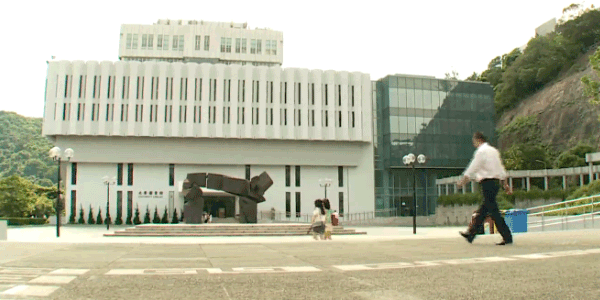
Mon to Fri: 10am - 5pm
Sat, Sun and Public Holiday: Closed



